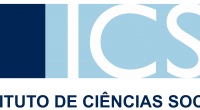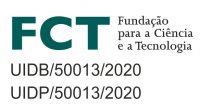Ricardo Roque, 2019.
Open Access.
In this paper I discuss the history of colonial collections through a focus on the social life of a set of blood group cards held by Portuguese institutions since the 1950s. Between the 1940s and 1960s, a series of anthropological field expeditions were organized by the Portuguese Overseas Science Research Board to the then Portuguese colonies in Africa and Asia. A large number of samples of indigenous blood were collected on blood group paper cards in the course of these campaigns. The cards were then stored in Portugal and used for racial serological studies until the 1980s. Thereafter, the collection survived various institutional deaths. Throughout its post-colonial existence in Portuguese institutions, the cards seem to have moved ambivalently between a condition of valued asset and one of obsolete material. And yet they revealed a resilient capacity to mediate conceptions of historical time. Thus the essay asks what it might mean to approach these collections as colonial ‘chronotope’ – devices for connecting space and time – and how and why they endured through various ends, culminating as a genetically contaminated museum object.
http://www.revistas.usp.br/revhistoria/article/view/142351

Full citation: ROQUE, R. (2019). The blood that remains: Card collections from the colonial anthropological missions. BJHS Themes, 4, 29-53. doi:10.1017/bjt.2019.1





